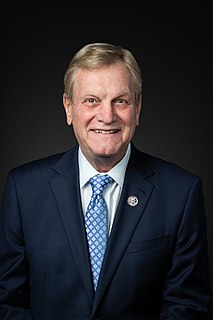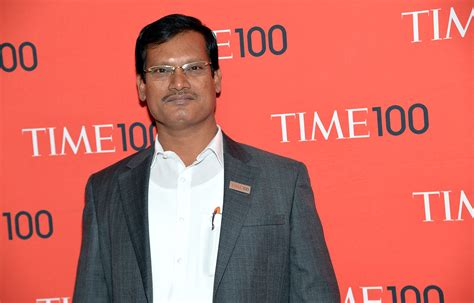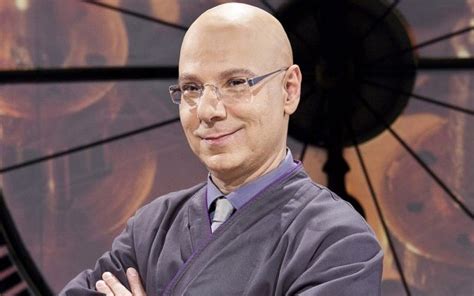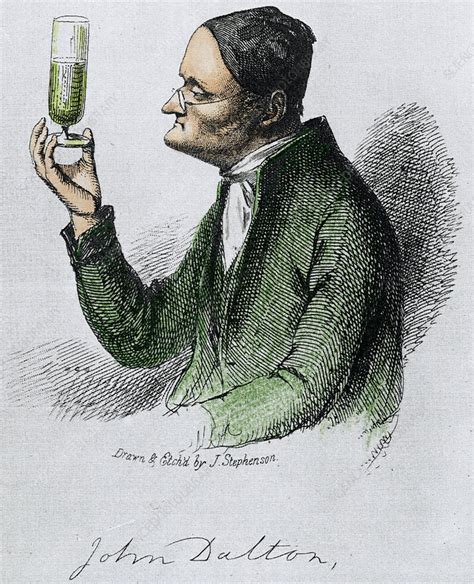A Quote by Ha-Joon Chang
Patent monopoly creates a lot of problems. It allows the patentee to charge the maximum to consumers. This may not be a problem if the patented product is a luxury item, like parts that go into a smartphone, but can violate basic human rights if it involves things such as life-saving drugs.
Related Quotes
Let's not use the term democracy as a play on words which is what people commonly do, using human rights as a pretext. Those people that really violate human rights [the West] violate human rights from all perspectives. Typically on the subject of human rights regarding the nations from the south and Cuba they say, "They are not democratic societies, they do not respect human rights, and they do not respect freedom of speech".
Imagine: I got patent rights to the only machine in the world to make low-cost sanitary napkins - a hot-cake product. Anyone with an MBA would immediately accumulate the maximum money. But I did not want to. Why? Because from childhood, I know no human being died because of poverty - everything happens because of ignorance.
The inviolability of the person which is a reflection of the absolute inviolability of God, finds its primary and fundamental expression in the inviolability of human life. Above all, the common outcry, which is justly made on behalf of human rights-for example, the right to health, to home, to work, to family, to culture- is false and illusory if the right to life, the most basic and fundamental right and the condition for all other personal rights, is not defended with maximum determination.
The problem isn't who is in charge. It's what is in charge. The problem is that people are encouraged to function as machines. Or, actually, as mechanisms. Human emotion and sympathy are unprofessional. They are inappropriate to the exercise of reason. Everything which makes people good - makes them human - is ruled out. The system doesn't care about people, but we treat it as if it were one of us, as if it were the sum of our goods and not the product of our least admirable compromises.




































